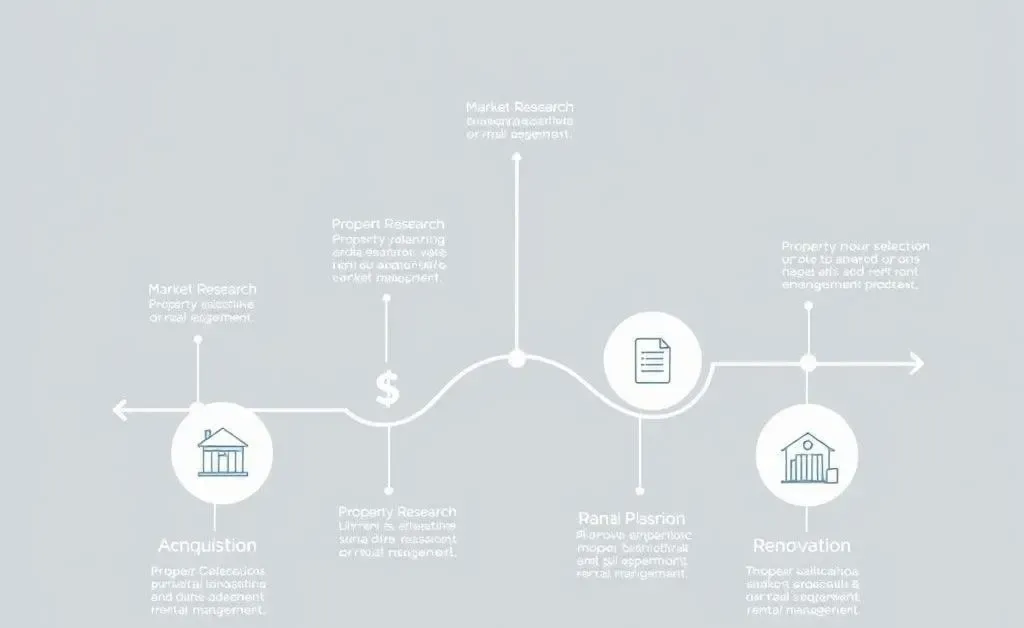Unlocking Investment Property Potential: Understanding High Loan-to-Value Ratios
Discover how high LTV ratios can enhance your real estate investment strategy.

Have you ever considered investing in real estate but felt overwhelmed by the financial jargon? You're not alone. Understanding concepts like Loan-to-Value (LTV) ratios can seem daunting, yet they are crucial for making informed decisions in the world of real estate investment. Let's explore how high LTV ratios can unlock potential in your property ventures.
What is a High Loan-to-Value Ratio?
LTV is a measurement used by lenders to assess lending risks before approving a mortgage. It represents the ratio of the loan amount to the property's appraised value or purchase price, whichever is lower. A higher LTV means a higher percentage of the property is being financed. So what's the magic number for investment properties? It often hovers between 80% to 85%, depending on your lender's policies and your creditworthiness.

Why Consider a High LTV?
High LTV ratios are particularly attractive for investors looking to maximize leverage — using borrowed capital to increase potential returns. Here are a few benefits:
- Less initial capital needed
- Potential for higher returns due to larger investments
- Enhanced cash flow management
Imagine this scenario: Sarah is a passionate investor who dreams of expanding her rental portfolio. By utilizing high LTV loans, she manages to purchase a duplex with only a minimal down payment, allowing her to allocate more funds towards renovations and marketing. This strategic move garners her higher tenant interest and ultimately boosts her rental income.
Challenges to Consider
While enticing, high LTV ratios come with their own set of challenges. They often carry higher interest rates and mortgage insurance costs. It's essential to weigh these factors against potential income gains. Moreover, a market downturn could lead to complications if property values fall.

Your Next Steps in Real Estate
If you're considering taking advantage of high LTV ratios, begin by assessing your risk tolerance and financial goals. Consult with a mortgage advisor to understand the best options tailored to your situation. It's about finding the intersection where your financial strategy aligns with market opportunities.

What do you think is the most exciting opportunity in real estate investment right now? Feel free to share your thoughts and let's explore the journey together!




